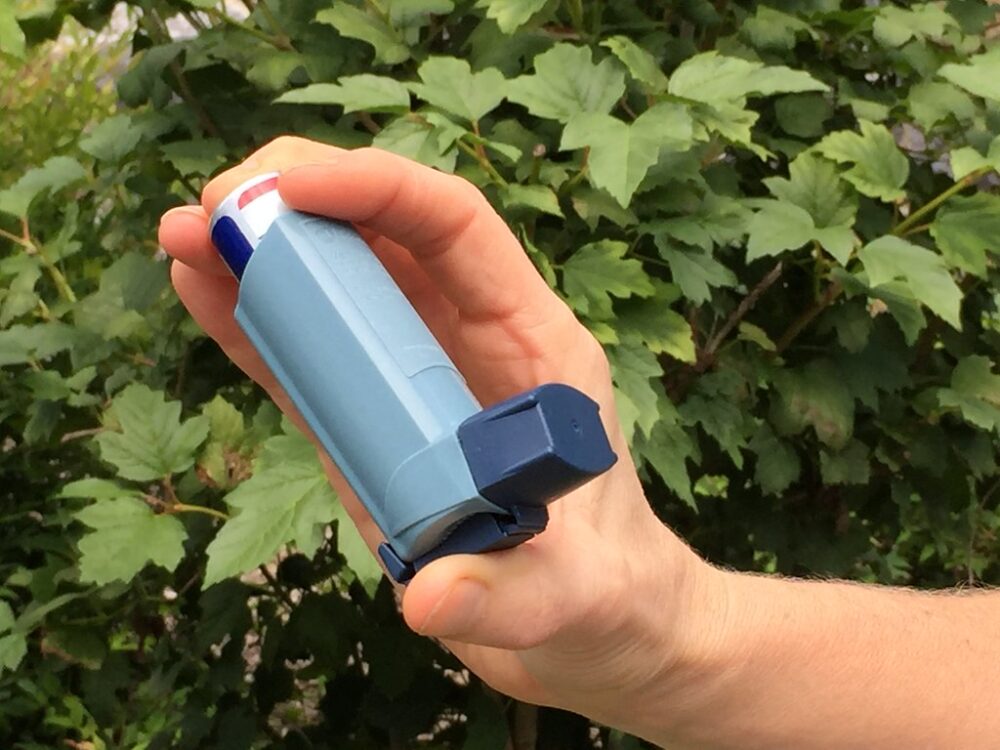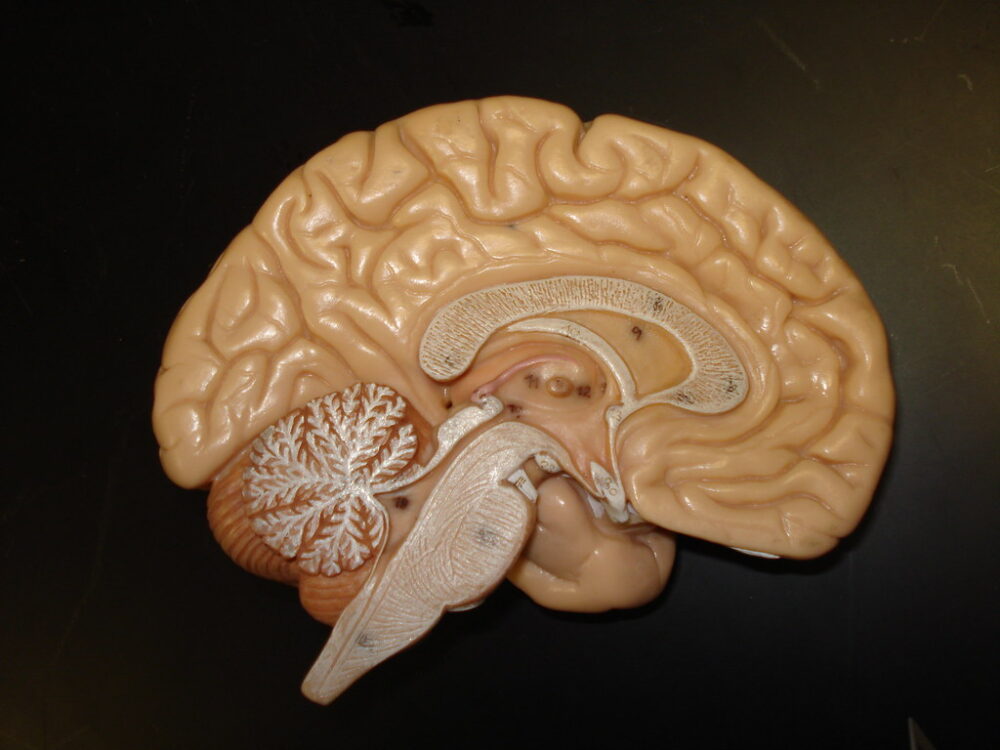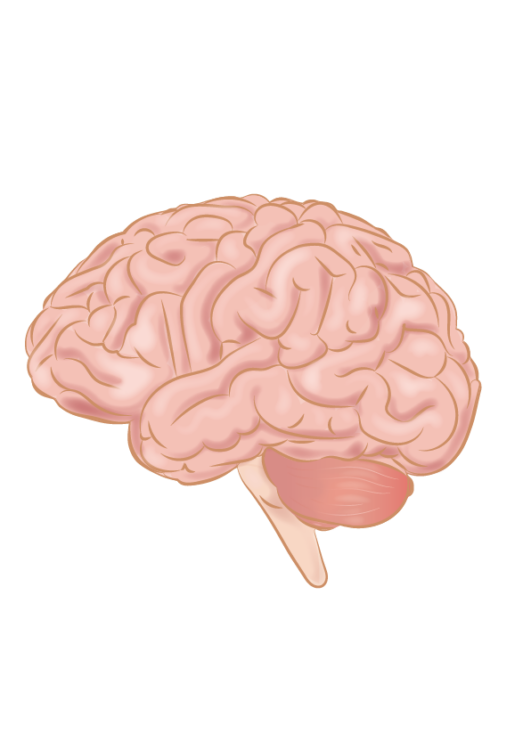Sound starts early: Auditory neuropathy spectrum disorder
“Hello? Can you hear me?” We all know how difficult it is to hear the other person during a call with terrible cell service; everything sounds muffled, the audio keeps cutting out, and you feel as though you’re underwater. For individuals with auditory neuropathy spectrum disorder (ANSD), this is an everyday reality. ANSD is an […]
Sound starts early: Auditory neuropathy spectrum disorder Read More »








